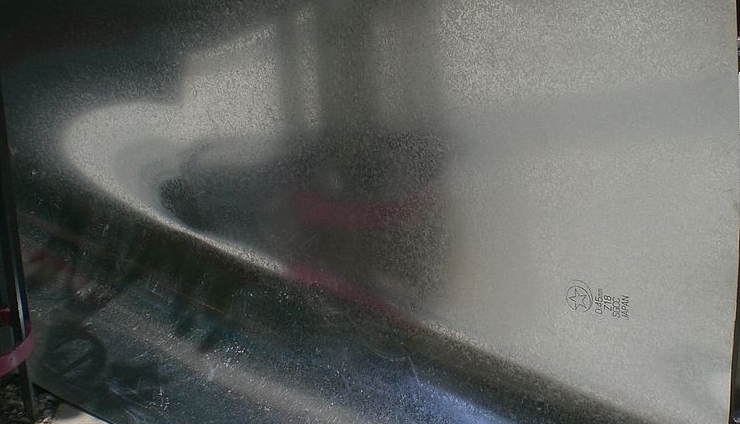From pv magazine India.
With the Indian Ministry of Commerce this week expected to arrive at a preliminary finding as to damage caused by the alleged dumping of Chinese, Vietnamese and South Korean steel products in the country, a national solar lobby group has appealed for products intended for PV projects to be excluded from any proposed trade measures.
The ministry’s Directorate General of Trade Remedies (DGTR) launched an investigation into the alleged dumping of flat steel products coated with alloy of aluminum and zinc after a complaint was filed by Indian manufacturer JSW Steel Coated Products.
With coated steel a key component of solar panel mounting structures, the imposition of anti-dumping duties on the material would adversely affect solar project developers, the National Solar Energy Federation Of India (NSEFI) has warned.
The industry lobby group strongly opposed imposition of additional duties on the product in a detailed response to the investigation submitted to the DGTR last month.
Threat to project capacity
In a letter to new and renewable energy minister Raj Kumar Singh, NSEFI said anti-dumping duties could render solar projects under construction or in development pipelines non-viable.
Around 49 GWp of solar projects are in the PV pipeline in India, at various stages of implementation or tendered. Approximately 1.25-1.5 million tons of the steel products under investigation would be required over the next 18 months to construct those facilities.
NSEFI went on to add that one of the affected steel products which is used for solar panel mounting structures – PosMAC – should be excluded from any trade measures anyway as it is not produced anywhere in India. An estimated 400,000-480,000 tons of PosMAC would be required for the volume of Indian projects in various stages of development cited above.
An estimated 450,000-550,000 tons of Galvalume, another mounting structure steel product which could potentially be affected by trade measures, would also be required for the Indian project pipeline over the next 18 months.
Too broad a definition
“The petitioner has broadly defined the product without understanding the product classification, its demand and supply,” stated NSEFI.
“Module-mounting structure components such as purlin, rafter, column posts and bracer are made of either Galvalume or PosMAC, both of which are currently included in the definition of the product. However Galvalume and PosMAC are different products and are not interchangeable. Galvalume alone cannot be used for the entire module-mounting structure due to technical limitations and therefore PosMAC/alternate material is required.
NSEFI added: “Components of module-mounting structures made with Galvalume are made in India and outside India. However, PosMAC, which is one of the major steel products [in these structures], is not produced in India and Galvalume is not a direct substitute of PosMAC.”
Highlighting the impact of any anti-dumping duty, NSEFI added power purchase agreements signed by solar developers incorporate change-in-law provisions so the imposition of trade measures could see developers filing claims under those caveats. That would end up in the cost of anti-dumping measures being passed on to solar power consumers in the form of higher electricity tariffs.
The lengthy legal process involved in such appeals could also mean delays in the commissioning of solar projects.
As the domestic industry for the steel products under investigation does not have the capacity to meet demand in India, 49 GW of solar projects would face potentially even longer delays in commissioning, added NSEFI.
This content is protected by copyright and may not be reused. If you want to cooperate with us and would like to reuse some of our content, please contact: editors@pv-magazine.com.




1 comment
By submitting this form you agree to pv magazine using your data for the purposes of publishing your comment.
Your personal data will only be disclosed or otherwise transmitted to third parties for the purposes of spam filtering or if this is necessary for technical maintenance of the website. Any other transfer to third parties will not take place unless this is justified on the basis of applicable data protection regulations or if pv magazine is legally obliged to do so.
You may revoke this consent at any time with effect for the future, in which case your personal data will be deleted immediately. Otherwise, your data will be deleted if pv magazine has processed your request or the purpose of data storage is fulfilled.
Further information on data privacy can be found in our Data Protection Policy.